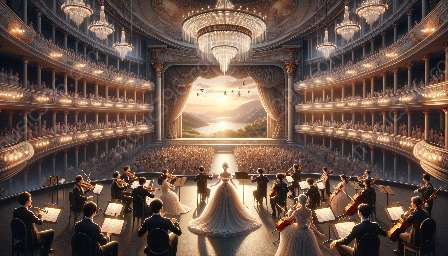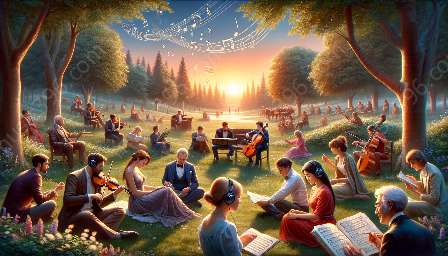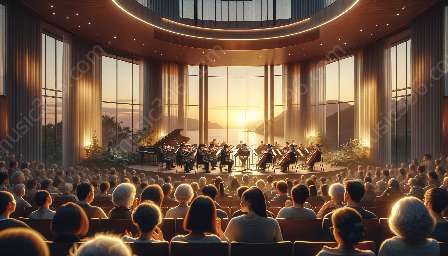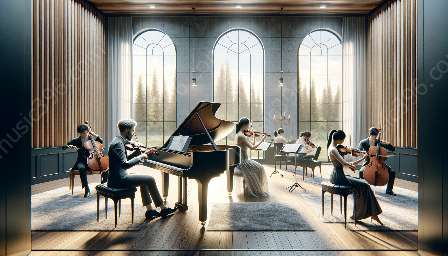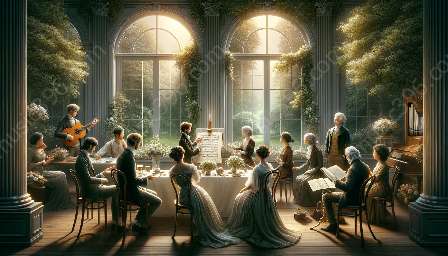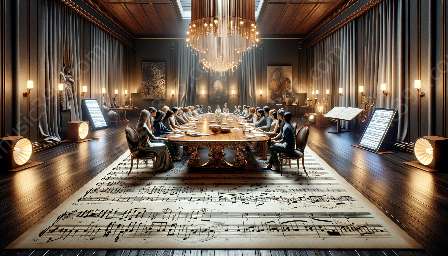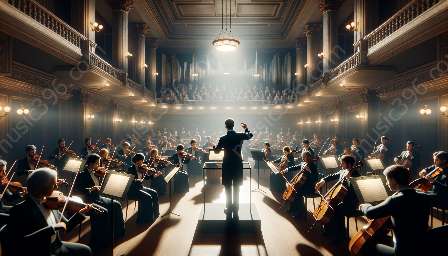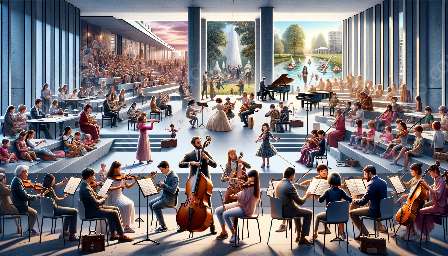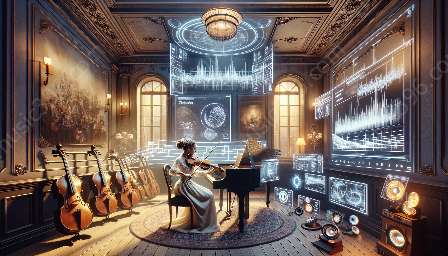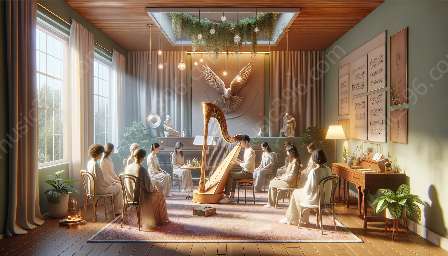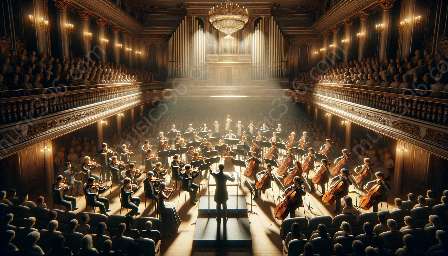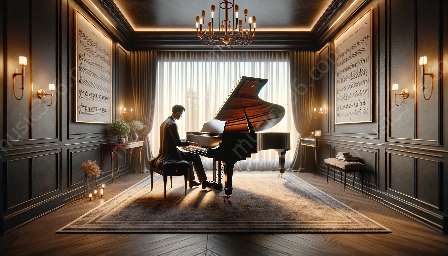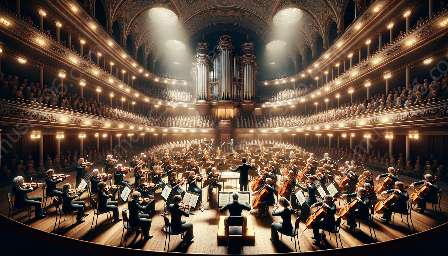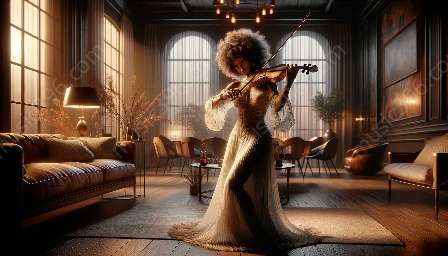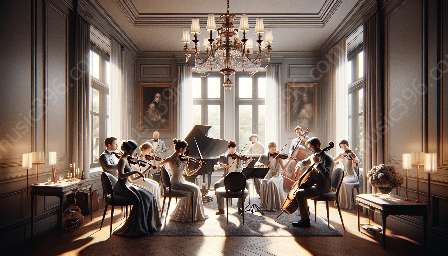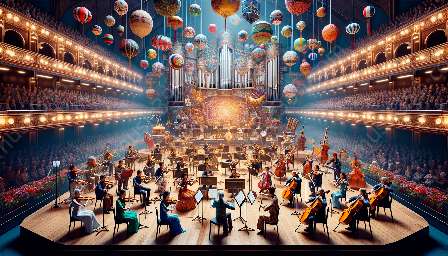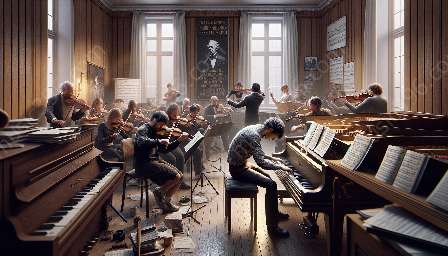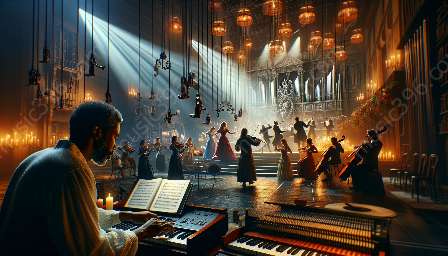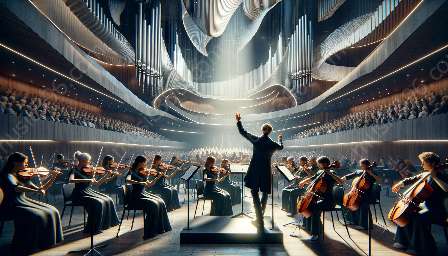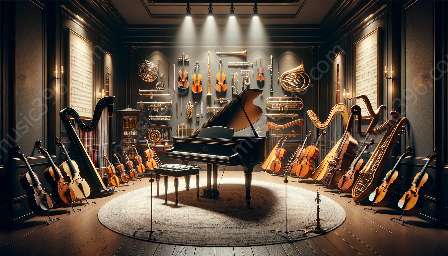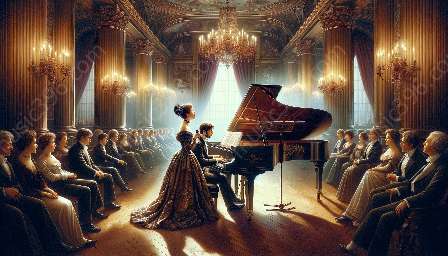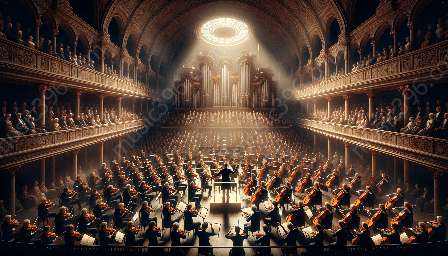Classical music encompasses a rich tradition of compositions that have been a product of various influences, including patronage and court culture. This topic cluster delves into the significant role played by patronage and court culture in the development of classical composition.
Understanding Classical Composition
Classical composition refers to the creation and arrangement of musical pieces following the structural conventions of classical music. These compositions hold a significant place in the history of music, reflecting the artistic and cultural influences prevalent during the time of their creation. To truly comprehend classical composition, it is essential to consider the impact of patronage and court culture on the works of renowned composers.
Exploring Patronage in Classical Composition
Patronage played a pivotal role in the development of classical composition. During the Classical period, composers often relied on patronage for financial support, accommodation, and networking opportunities. Wealthy individuals, nobles, and royalty served as patrons, providing composers with the necessary resources to focus on their work and create masterpieces. In return, composers would dedicate their compositions to their patrons, cultivating a symbiotic relationship that fostered the flourishing of classical music.
Patronage not only facilitated financial stability for composers but also influenced the thematic elements of their compositions. Composers often tailored their works to resonate with the interests and preferences of their patrons, thereby incorporating themes of nobility, heroism, and elegance. This collaborative dynamic between composers and patrons resulted in a diverse range of compositions that showcased the interplay of artistic expression and patron influence.
The Court Culture's Impact
Court culture further shaped classical composition, particularly during the Baroque and Classical periods. Composers were frequently employed by royal courts and aristocratic households, where their compositions served as a reflection of the prevailing cultural and societal norms. The opulence and refinement of courtly life permeated the compositions, as composers sought to capture the essence of the court through their music.
Moreover, the hierarchical structure of court culture influenced the patronage system, as influential figures within the court often held the role of patrons to composers. This intertwining of court culture and patronage fostered an environment where composers crafted compositions that exuded sophistication and grandeur, resonating with the lavish lifestyles of those within the court.
Legacy of Patronage and Court Culture
The impact of patronage and court culture on classical composition extends beyond the historical context, shaping the very essence of classical music. The enduring influence of patronage is evident in the commemorative practices of dedicating compositions to patrons, a tradition that continues to underscore the significance of patrons in the trajectory of classical music.
In contemporary times, the remnants of court culture can still be discerned in the themes and stylistic elements prevalent in classical compositions. The grandeur and sophistication synonymous with courtly life linger in the works of classical composers, serving as a testament to the enduring imprint of court culture on classical music.
Conclusion
Understanding the role of patronage and court culture is instrumental in comprehending the evolution of classical composition. By illuminating the symbiotic relationship between composers and patrons, as well as the influence of courtly environments, this topic cluster sheds light on the intricate tapestry of factors that have contributed to the development of classical music.

